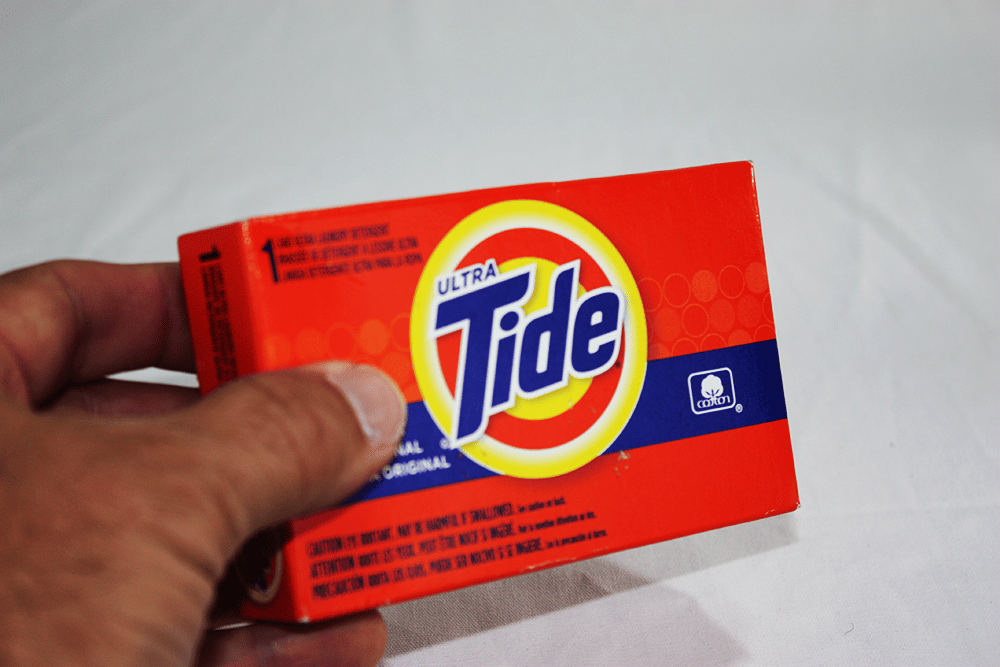
A disturbing story out of Florida recounts that Matt Crull spent six weeks in jail on a drug trafficking charge after police claimed, based on drug field test results, that a substance in Crull’s van was heroin. Crull was released this month after further testing indicated the substance was actually laundry detergent.
While the mistreatment of Crull is terrible, it is important to understand that his experience is far from unique. In fact, for some people the situation is worse: Seeing little hope for vindication in the judicial system, they plead guilty and are sentenced due to shoddy drug field test results.
In the November 5, 2016 episode of Five Minutes Five Issues I discussed problems related to police and prosecutors’ use of drug field test results:
It appears that at least 100,000 people in America each year plead guilty to drug charges supported by police-conducted drug field tests that do not reliably indicate whether a substance tested is an illegal drug. So reports Ryan Gabrielson in an in-depth article
Gabrielson relates that police can conduct a field test, costing a couple bucks or less, at the site of an arrest and quickly obtain results. The catch is that the tests are not reliable. Gabrielson explains that false positive results on field tests are a reason “[f]ederal guidelines say all drugs in criminal cases must be identified by a qualified lab” and “[c]ourts across the country have repeatedly refused to admit field test results as evidence at trial.”
But, most alleged drug law violators never end up at trials. With large potential penalties hanging over their heads and often insufficient funds to present a strong case in court, they plead guilty, often in hopes of obtaining reduced sentences.
In some jurisdictions, field tested substances are thrown out after a plea deal. But, in Houston, Texas, the substances have been kept. Gabrielson reports that a mass retesting of those substances in Houston “identified more than 300 cases in which innocent people took plea deals largely based on field test results that proved wrong.” The district attorney’s office for Harris County, where Houston is located, no longer accepts guilty pleas where there have been only field tests. Still, Gabrielson writes, “in jurisdictions of all sizes and in all corners of the country, unconfirmed field tests are being used to help extract guilty pleas.”

